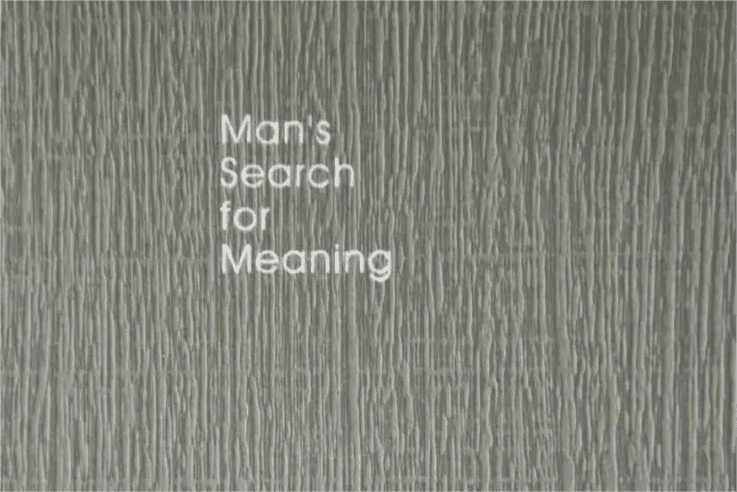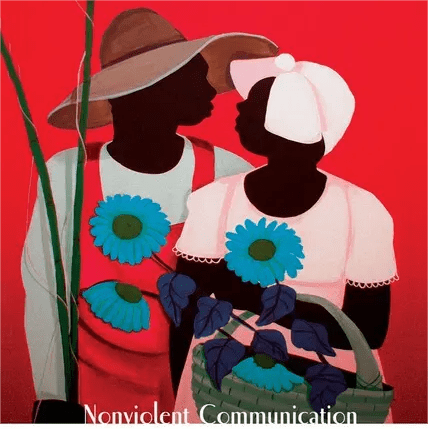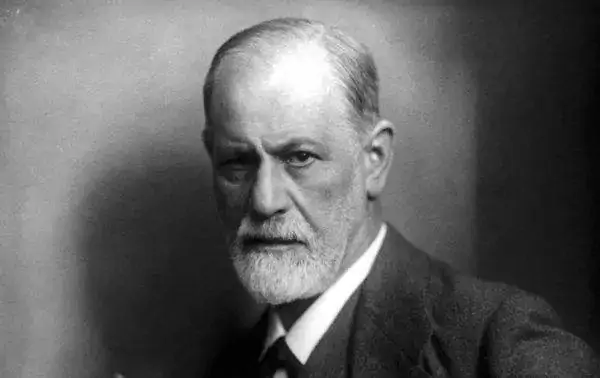The encounter with a book is fate. Buy a pile of books to go home, which one to open first and then which to open depends on the mood at that time, sometimes, just because it is convenient to open. For example, Frankel’s little book. Blue gray cover, a line of white words on the waist of the book, cold tone, like a brick into the eyes.
Frankel was influenced by Freud in his early years and became a psychiatrist at 25. At 34, he became the director of psychiatry at Vienna’s only Jewish hospital. At 37, he gave up his American visa for the sake of his aging parents and was imprisoned in a concentration camp.
Half of the 200-odd pages are the author’s own account of his experiences in the camps. The purgatory of the camp took him through three stages.
The first stage is extreme panic. Gas chambers, incinerators, massacres… At any time, anywhere, it is possible to face the face of death, and if you are not careful, it will float out of the tall chimney. With a desperate lack of food supplies, cold weather, hard physical work, uncertain physical and mental torture, he came close to death again and again.
He describes the situation with a story — “The Death of Tehran” — about a wealthy and powerful Persian who was walking in his garden with his servant one day. The servant shouted that he was threatened by death, and begged his master to bring a fast horse, and that he would flee to Tehran that night. The master agreed, and the servant jumped on his horse and galloped away. When the master entered the house, he also met Death. He asked Death why he had frightened his servant. I did not frighten him, answered Death, and I was surprised to see him still here, for I had hoped to find him to-night in Tehran.
Life in a concentration camp is such that every choice you make could be your ultimate fate. As a result, many people do not make a choice and leave it to chance. Because, somehow, everything has its destiny, and sometimes, when you try to influence it, you get fooled. They are like lambs to the slaughter, manipulated, but can only accept the fate of the arrangement. After their first stint in the camp, they no longer feared death. Apathy, dullness, and indifference were the second stage of the camp.
One can get used to anything, Frankel laments. Hunger, thirst, cold, sickness, physical pain are bearable, and so are mental humiliations. To survive, leave nothing behind, keep your back straight, look sharp, make the SS officer think you are useful, and don’t wipe feces on your face. Keep your mouth shut and answer whatever you ask.
“Things determine each other, and people are ultimately self-determined. Even in such a situation, one still has the freedom of thought and choice. One’s own attitude and way of behavior is one’s own decision. One can take on and accept all challenges. To survive, you have to find the meaning of living. Setbacks have meaning, tribulations have meaning, any condition has meaning, if you can keep a sense of humor that is the best.
“The pessimist approaches life like a fearful and sorrowful person who watches a wall calendar tear away each day, getting thinner and thinner. A person who faces life’s problems positively is like a person who tears a neat pile and writes a few lines of a journal on the back.”
At 40, Frankel was rescued. His pregnant wife, parents and brother all died in the gas chambers. Those who survive will experience greater mental hardship. Many people find it hard to believe that regaining freedom, depersonalization or even moral infidelity is the third stage. He, however, made a responsible choice to stay in Vienna in order to help the mentally ill after the war.
At the age of 41, it took nine days to write Man’s Search for Meaning. He proposed the meaning therapy, in which he seeks the meaning of life for himself while also finding the meaning of living for the desperate. He said: The meaning of life is different from person to person, from day to day, from moment to moment. Each person has a unique mission. Each person has a specific task in life and a specific opportunity to complete those tasks. Man should not ask what is the meaning of life, but should admit that it is life to ask him questions, he must through the understanding of his own life to answer life’s questions. Treat life, to assume their own responsibilities, if you can realize why responsible, responsible for what, responsible for who, there is the significance of survival.
He treated his life with great enthusiasm: learning to fly at 67, getting his driver’s license a few months later. Climbing the Alps at 80. At 90, he still talks to visitors from all over the world and answers the letters himself. More than 30 books, 29 universities have awarded honorary degrees, and the American Psychiatric Association has awarded the Oscar Pfister Prize. He spent his life practicing his teachings.
“Everything a man has can be taken away from him, except the last freedom of man — the freedom to choose one’s attitude and way of life in any situation.”
This person, somewhere in the world, quietly glows, finds meaning in life, lives worth.
However, the vast majority of us, every day busy for a living, like me to go to work and work, do housework with children… Isn’t it pretentious to think about it?
Everyone seems so busy trying to live a better life. Shuttling in the vast sea of people, coming and going, expressionless, I often feel lonely.
Nothingness is a common phenomenon in the 20th century. Boredom, anxiety. But on this trip, no matter how humble will want to live. It doesn’t make sense, but it does make sense.
Be honest with everyone you meet. Be active in your marriage. Find ways to be close with your children. When you’re upset, write, clean your room, or cook, bake cookies, or bake cakes. If you encounter difficulties, calm down, feel the taste of it, and find a way to overcome. Even if you fail, you can laugh at yourself and forgive yourself. Sleep well and wait for the next time…… Is that the meaning of life?
I do not expect life to give me anything. I conscientiously complete every task that life gives me. I am mindful of how I feel when I do everything. Do your best to be a teacher, mother, daughter, wife, friend…… Every role.
“The state of our world is not good, but unless we do everything we can, it’s going to get worse.”
So says the hero Frankel.
I can only say: I will live a good life. Put yourself into work like he said, love someone well, take the pain, and find meaning in it.





